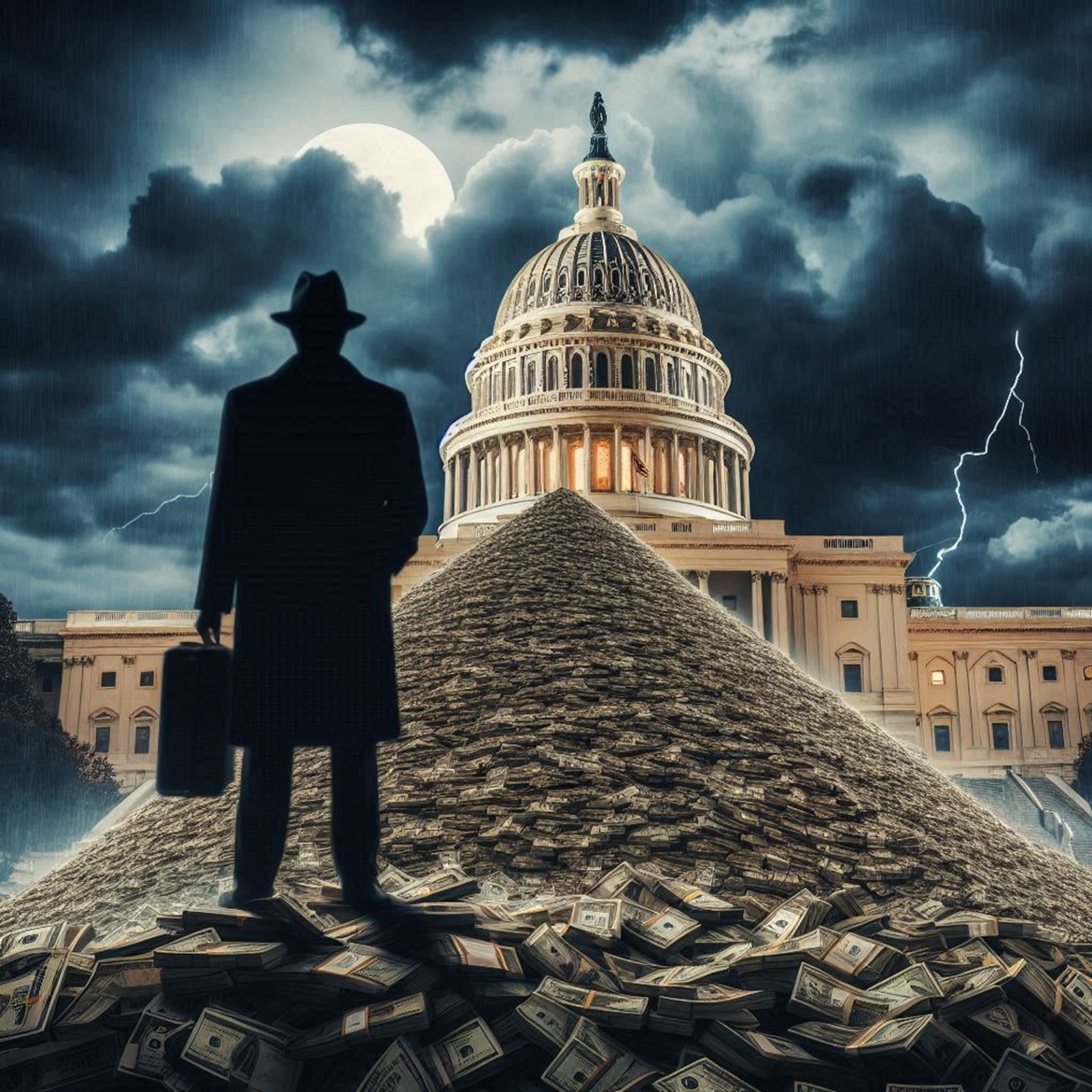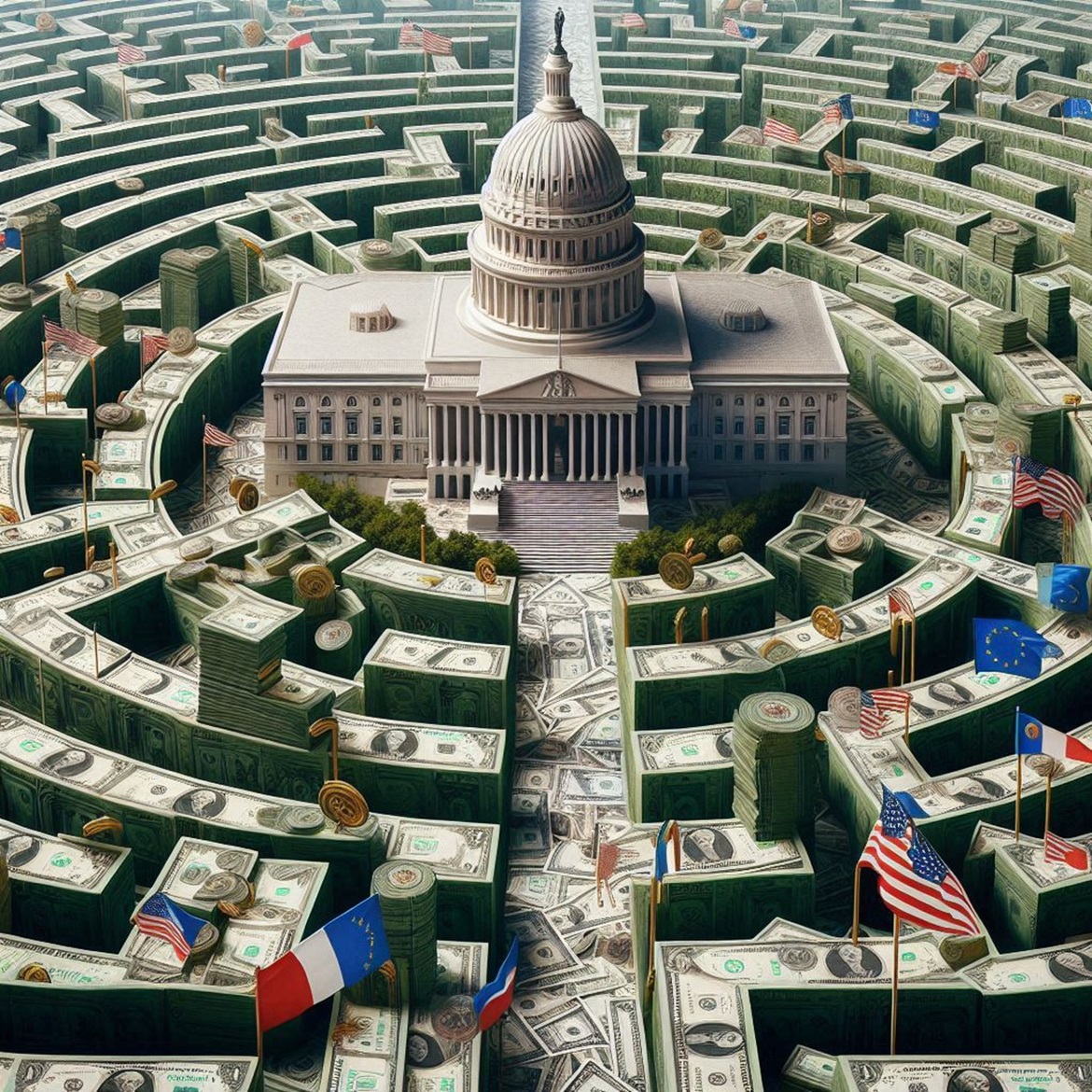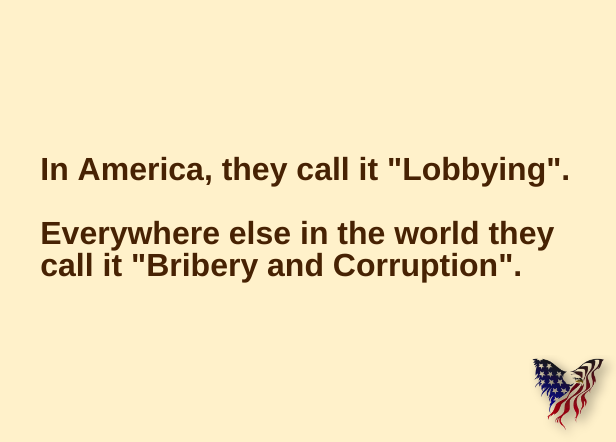Imagine a world where the people tasked with protecting you are the ones leaving the door wide open for danger. Sounds like a bad movie plot, right? But this isn’t fiction. This is the reality of government oversight—or the lack of it. Agencies created to prevent corruption and ensure fairness often end up doing the opposite. They don’t just fail; they become part of the problem. How does this happen? Let’s dig in.
The Illusion of Protection
We’re told that government agencies are our guardians. They’re supposed to watch over industries, enforce laws, and keep the powerful in check. But what happens when these watchdogs fall asleep on the job? Or worse, what if they’re not sleeping at all—what if they’re working for the very people they’re supposed to regulate?
Take the financial sector, for example. After the 2008 crash, we were promised tighter controls. New rules were put in place to prevent another disaster. But here’s the kicker: many of the people who wrote those rules came from the banks they were supposed to regulate. It’s like hiring a fox to guard the hen house. And guess what? The foxes are still eating well.
The Revolving Door
One of the biggest problems is what’s known as the “revolving door.” This is when government officials leave their posts to take high-paying jobs in the industries they once regulated. It happens all the time. A regulator today could be a corporate lobbyist tomorrow. And when that happens, whose interests do you think they’re really serving?
This isn’t just a theory. It’s a well-documented pattern. People in power use their government positions as stepping stones to lucrative private sector jobs. In return, they go easy on the companies they’re supposed to oversee. It’s a cozy arrangement that benefits everyone—except the public.
The Bureaucratic Black Hole
Government agencies are often criticized for being slow and inefficient. But what if that inefficiency is by design? When agencies drag their feet, it’s not just annoying—it’s dangerous. Delays in enforcement can allow bad actors to continue their harmful practices unchecked.
For instance, environmental regulations are supposed to protect our air and water. But when agencies take years to investigate violations, polluters have plenty of time to keep polluting. And by the time any action is taken, the damage is already done. It’s a system that seems almost designed to fail.
The Power of Lobbying
Money talks, and in the world of government oversight, it shouts. Lobbyists spend billions of dollars every year to influence lawmakers and regulators. Their goal? To weaken regulations and protect their profits. And it works. Time and time again, we see laws being watered down or enforcement being delayed because of lobbying efforts.
This isn’t just about a few bad apples. It’s a systemic issue. When corporations can buy influence, the rules of the game are rigged in their favor. And the rest of us? We’re left holding the bag.
The Myth of Accountability
We’re told that these agencies are accountable to the public. But how often do we see real consequences for failure? When a regulator drops the ball, there’s rarely any fallout. They might get a slap on the wrist, but that’s about it. Meanwhile, the problems they were supposed to fix continue to grow.
Accountability is supposed to be the cornerstone of good governance. But when there’s no real punishment for failure, what’s the incentive to do better? It’s a cycle of negligence that keeps repeating itself.
The Human Cost
Behind all the bureaucracy and red tape, there are real people suffering the consequences. When oversight fails, it’s not just a theoretical problem. It’s a matter of life and death. Unsafe products stay on the market. Polluted water keeps flowing. Financial scams go unchecked. And the people who are supposed to protect us? They’re nowhere to be found.
Think about the opioid crisis. For years, regulators turned a blind eye to the practices of pharmaceutical companies. The result? Hundreds of thousands of lives lost. And even after the scale of the problem became clear, the response was slow and inadequate. It’s a stark reminder of what happens when watchdogs fail to do their job.
What Can Be Done?
So, what’s the solution? First, we need to close the revolving door. There should be strict rules preventing regulators from taking jobs in the industries they oversee. This would help ensure that their decisions are made in the public interest, not as a stepping stone to a lucrative career.
Second, we need to increase transparency. The public has a right to know how decisions are made and who’s influencing them. This means stricter lobbying regulations and more openness in government operations.
Finally, we need real accountability. When regulators fail, there should be consequences. This might mean stricter oversight of the overseers or even criminal charges in cases of gross negligence.
The Bottom Line
Government oversight is supposed to be our safety net. But when the watchdogs sleep, that net has holes. And through those holes fall the trust, safety, and well-being of the public. It’s a problem that’s been going on for too long, and it’s time to wake up.
We can’t afford to keep pretending that everything is fine. The system is broken, and it’s up to us to fix it. Because if we don’t, the next time a crisis hits, we’ll be left wondering how it happened—again. And by then, it might be too late.




